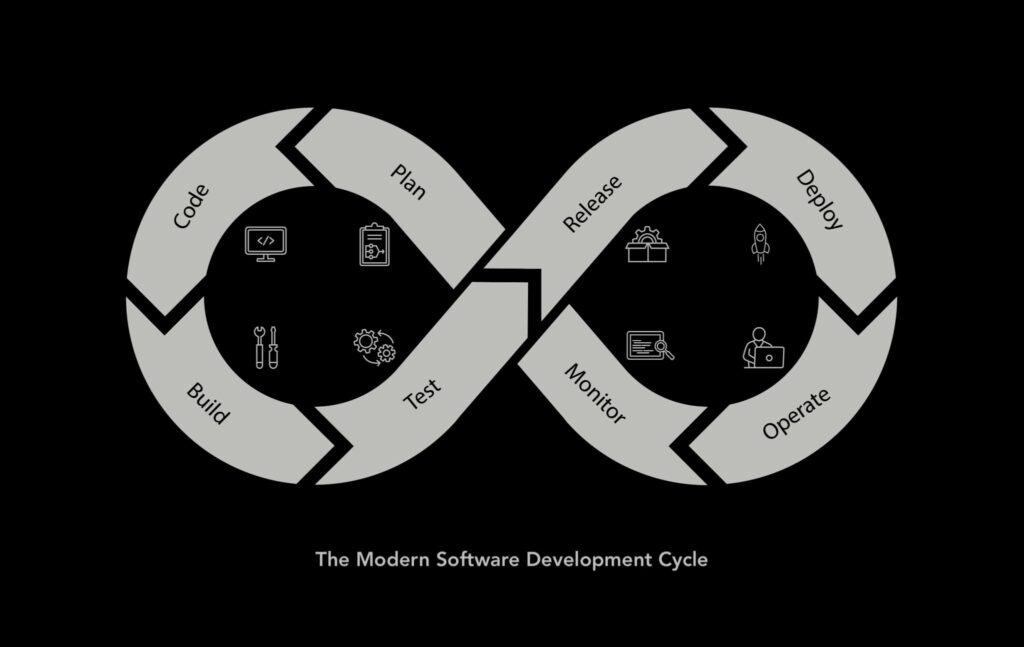Android app testing is a major topic today. Since the advent of mobile applications, companies across the globe have spent countless hours trying to find the most effective means of quality testing, placing great resources into attempting to shift left. The reason? For any given mobile app, the difference between success and failure is often determined by how successful the developers have been at identifying and resolving bugs and other issues before launch.
Indeed, producing releases without issues and bugs can make or break a product, as we’ve seen in many high-profile releases over the past several years.
As with any other product, first impressions are extremely important for mobile apps. Hence, effectively leveraging mobile app testing to eliminate critical issues that may arise pre-launch is essential to an organization’s growth. However, mobile app testing comes with its own array of challenges. In 2020, the worldwide sales of mobile devices hit 1,590 million units, making application development an intense process. Some of these hurdles encountered by companies include:
- Large variety of mobile applications
- Long list of operating systems
- Wide range of screen sizes
- Mobile network issues
- Volatile user requirements
Testing for Android: The Conventional Approach
Being an integral part of the app’s development process, testing aids in verifying correctness, functional behavior, and usability prior to public release. Android apps may be manually tested by navigating through them to ensure maximum quality and performance.
While organizations may use different devices and emulators, and attempt to generate every user error, this approach is often difficult to scale. As a result, it can be easy to overlook regressions in your app’s behavior. Taking all this into account, manual testing fares rather poorly.
On the other hand, automated testing has gained immense popularity for its effectiveness. Consisting of tools that perform tests for you, it’s faster, easily repeatable, and provides actionable insights that aid the app development process.
How does Sofy handle Android app testing?
At Sofy, we’ve taken a unique approach to testing Android apps – focusing on AI and machine learning capabilities to create a seamless testing process.
Sofy enables engineering teams to do away with complex workflows and reliance on dozens of tools that inevitably slows down execution. With our platform, you can swiftly run tests directly from CI/CD on real Android devices, without writing a single line of code – by simply running a single manual test, and then converting it to a no-code automated test with the press of a button.
While testing Android apps on Sofy is as simple as that, there’s obviously a lot more that goes on ‘under-the-hood’. Let’s take a deeper look.
To certify an android application, testing can be broadly classified into the following types:
- UX testing: In today’s fast paced environments, maintaining a healthy churn rate has become increasingly challenging. Device variety and OS versions continue to grow exponentially, creating severe bottlenecks in the process. To tackle this problem, Sofy’s UX testing identifies the layout of your app using design files. This further helps in testing form factors, media items, buttons, and other aspects across multiple devices.
- Performance testing: Assessing the performance of an application is a key component in its development. This is done by examining its speed, stability, scalability, and responsiveness against a given workload. Unfortunately, this vital step is often skipped as a result of being viewed as an afterthought, even as the code is ready for release.
However, Sofy assigns special importance to performance testing by delivering blazingly fast and highly responsive mobile apps and websites. Helping improve applications on a plethora of devices, Sofy enables you to test after every single code change.

Accessibility testing
To reach as broad an audience as possible, it’s imperative that organizations ensure the application is usable by people with disabilities. For seamless operation, examples of such software include:
- Speech recognition
- Screen reader
- Screen magnification
- Special keyboard
Effortlessly handling your accessibility testing, Sofy assists by ensuring that the app remains inclusive to your entire audience. Through receiving detailed reports that identify precise issues, Sofy offers recommendations that deliver exceptional UX for your application.
Device testing
Owing to the sheer increase in devices and variations in device configurations, maintaining your own device lab is inevitably expensive, complex, and time-consuming. Hence, the freedom to test on all screen sizes instead of using various web tools must be within grasp.
To empower engineering teams to do just that, Sofy offers a centralized platform for testing that is smoothly integrated to your existing workflows. This process ensures that the quality of both hardware and software is not compromised.
One simply can’t understate the value of automation in Android app testing. Processes can be seamlessly integrated while maintaining a centralized view, while developers can be far more productive, testing and releasing apps within hours, not days.









